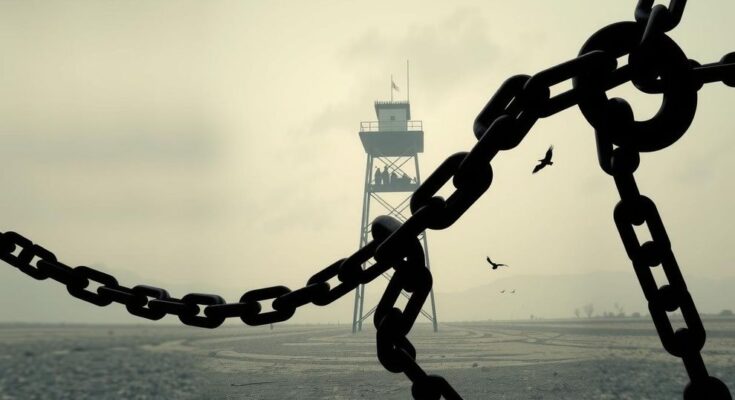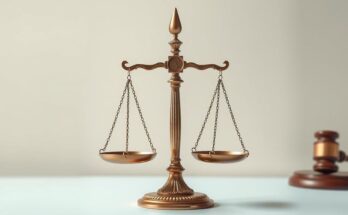Rising Authoritarianism in Southern Africa
In 2024, Southern Africa witnessed a troubling wave of authoritarianism, with governments increasingly suppressing dissent, according to Human Rights Watch in its World Report 2025. Authorities employed aggressive tactics that eroded civic space and manipulated elections by harassing activists, introducing repressive laws, weaponizing the judiciary against opposition, and at times violently quelling protests.
Manipulation of the Democratic Process
The comprehensive 546-page report reviewed human rights across over 100 nations. Executive Director Tirana Hassan highlighted the broader trend of wrongful arrests, imprisonment of dissenters, and harsh actions by armed groups that killed civilians and obstructed humanitarian aid. In many of 2024’s 70-plus national elections, authoritarian figures thrived on divisive political rhetoric.
Targeting of Dissidents and Media
Allan Ngari, the Africa advocacy director, remarked on the blatant targeting of political rivals, activists, and media personnel with tactics that flout fundamental freedoms. He insisted that governments must protect democratic institutions from unwarranted assaults, emphasizing the need to uphold human rights obligations and foster a healthy civil society.
Election Irregularities and Violence
International observers flagged the October 9 elections in Mozambique, highlighting severe irregularities, fraud allegations, and violent reprisals against journalists and activists. After the polls, security forces suppressed protests violently, resulting in dozens of fatalities and injuries, including among children, while South Africa’s elections, though peaceful, were marred by rising anti-immigrant rhetoric.
Justice System Exploitation
Eswatini, Zambia, and Zimbabwe invoked political prosecutions against critics using the judiciary. Angola enacted laws imposing harsh penalties for protest-related vandalism, while new legislation increased governmental control over media and civil society. Zimbabwe’s proposed bill threatens organizations with “political affiliation” cancellations, severely restricting their operations.
Call for Accountability
Ngari called for immediate actions by Southern African governments to halt escalating assaults on rights and freedoms. He urged authorities to ensure accountability for serious abuses through fair trials, advocating for a commitment to protect civic rights and bolster democratic principles.
– In 2024, Southern Africa faced increased authoritarianism, leading to human rights violations. – Authorities harassed activists, manipulated elections, and suppressed dissent. – Urgent reforms are needed to protect civic space and hold abusers accountable. – Mozambique’s elections faced serious irregularities, while Angola tightened protest laws.
The narrative of growing authoritarianism in Southern Africa, as reported by Human Rights Watch, underscores a systemic threat to democratic values and human rights. Governments appear increasingly willing to silence dissent through coercion and restrictive laws. Calls for urgent reform and accountability reflect a desperate need for safeguarding the foundations of democracy in the region.
Original Source: www.hrw.org



